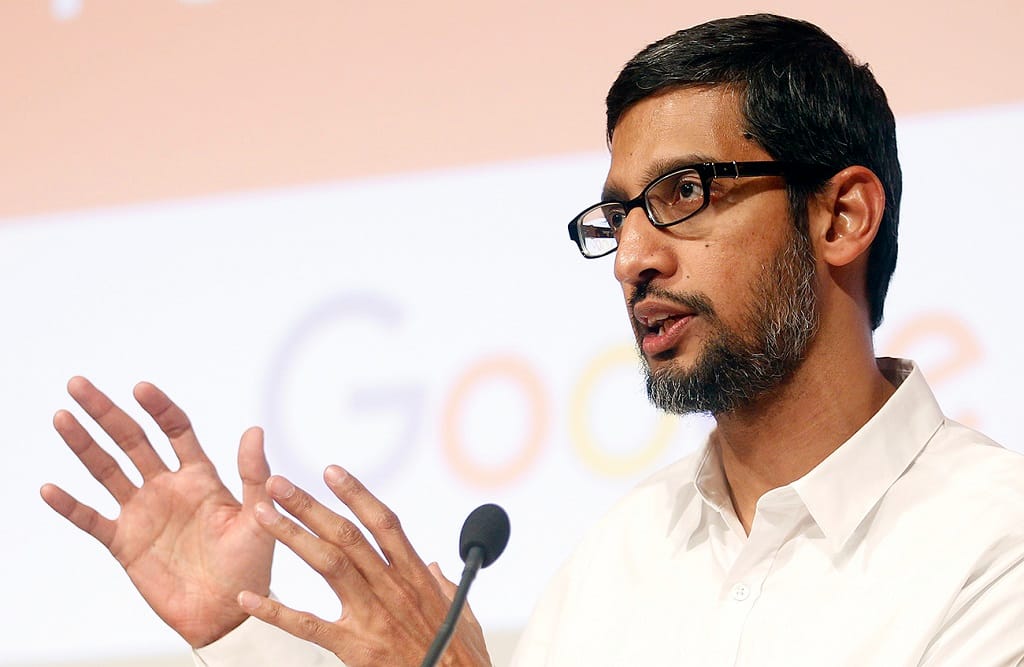Google, Reliant On Success of 5G, Says It Wants Government-Funded Test Beds for Open RAN
Company says that the next generation of its products depend on 5G progress.

Company says that the next generation of its products depend on 5G progress.

WASHINGTON, October 20, 2021 — Google made its case for regulators to make room for greater public-private collaboration in the wake of 5G and more research into open radio access network technologies.
Speaking at the Federal Communications Bar Association’s “What’s New and Next in Wireless” session on Tuesday, Michael Purdy from Google’s product and policy team emphasized Google’s interest in the emerging 5G landscape, but wants a “collaborative environment” for innovation.
“5G is exciting because of Google’s products depend on 5G,” he said. “[Our] products can’t come to market without it.” Google’s recent product launches include smart-home technologies. Purdy says their products’ benefits are enhanced as 5G is deployed.
Google, like the technology sector at large, is building on the innovation that the “app economy” produced using existing 4G technology and plans to expand their software capabilities with 5G. “The app economy benefited consumers,” Purdy says. “Our lifestyles are going to depend on 5G.” For telehealth, “real time medical advice needs low latency [and] high speeds.”
However, Google hopes for better regulatory conditions during 5G deployment. “We haven’t been as focused on the FCC [for guidance] . . . we want stability to determine spectrum policy.”
Purdy said the company hopes to work collaboratively with government to find solutions for wider 5G deployment. “[We] want to know what position the government takes in creating an open RAN environment.”
The company said it wants government funded-test beds for open RAN, research into development to ensure that “the downside costs are defrayed.” In overcoming these challenges to 5G deployment, Purdy said Google wants the government to foster a “collaborative environment” to develop open RAN. “We don’t want government picking winners and losers in the innovation process” he said.
Purdy added that spectrum sharing between licensed and unlicensed users “can be good for consumers and for industry.”
The Federal Communications Commission has pushed for ways to develop open RAN to minimize network security risk, as the movement has gained significant momentum. FCC Acting Commissioner Jessica Rosenworcel has described open RAN as having “extraordinary potential for our economy and national security.”

The ambitious undertaking is supported by a $20 million grant awarded under the 2021 Tribal Broadband Connectivity Program.

Satellite companies want easier access, while carriers say that could upend licenses they purchased.

The agency tapped Tricia J. Paoletta and Matthew Plaster as senior advisors

The fire chiefs voiced strong support in May 2025 for NextNav’s new technology, before shifting gears just last month.
Member discussion